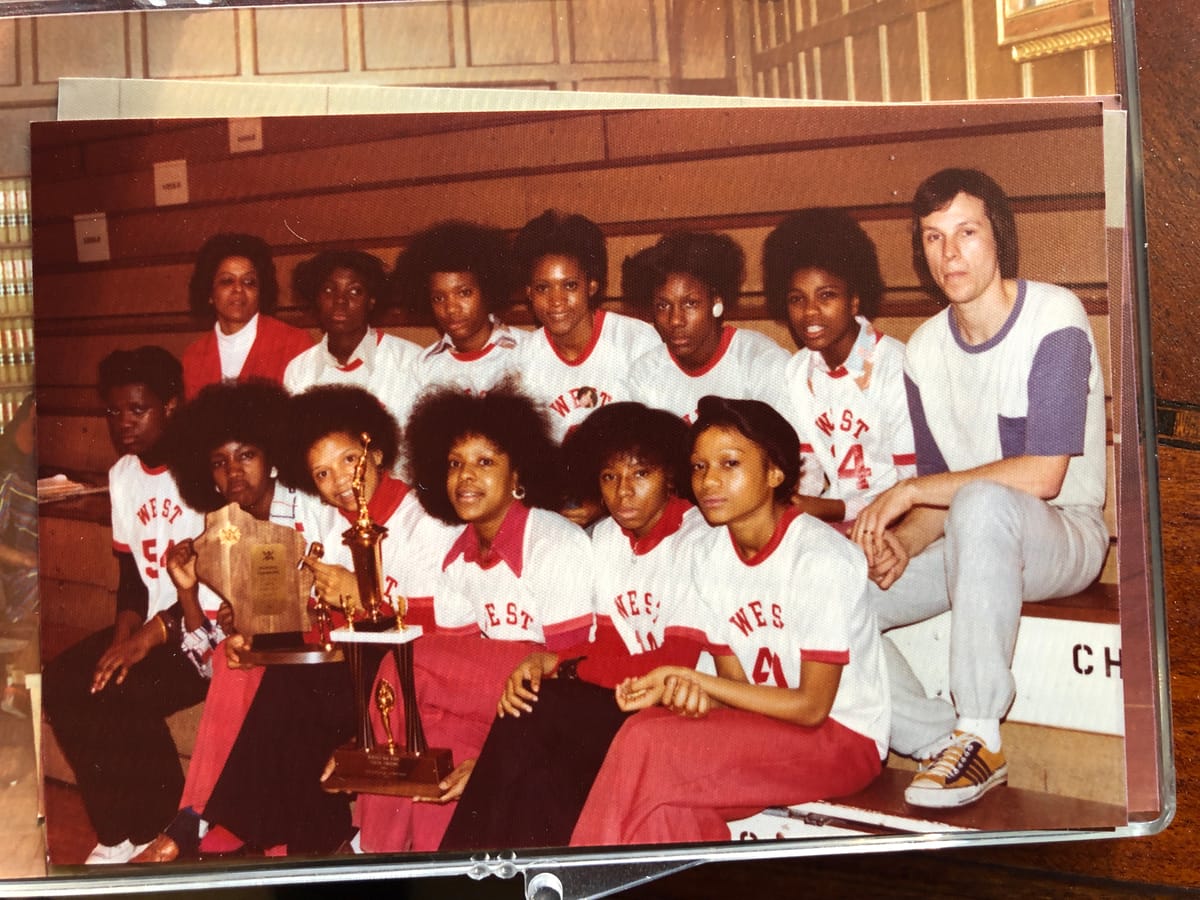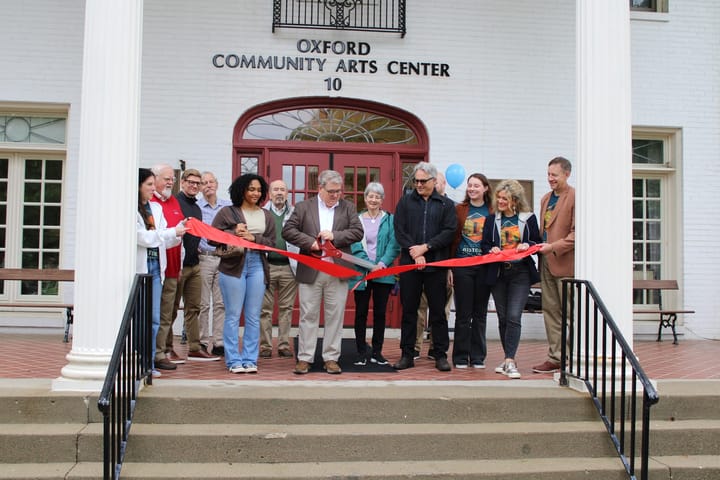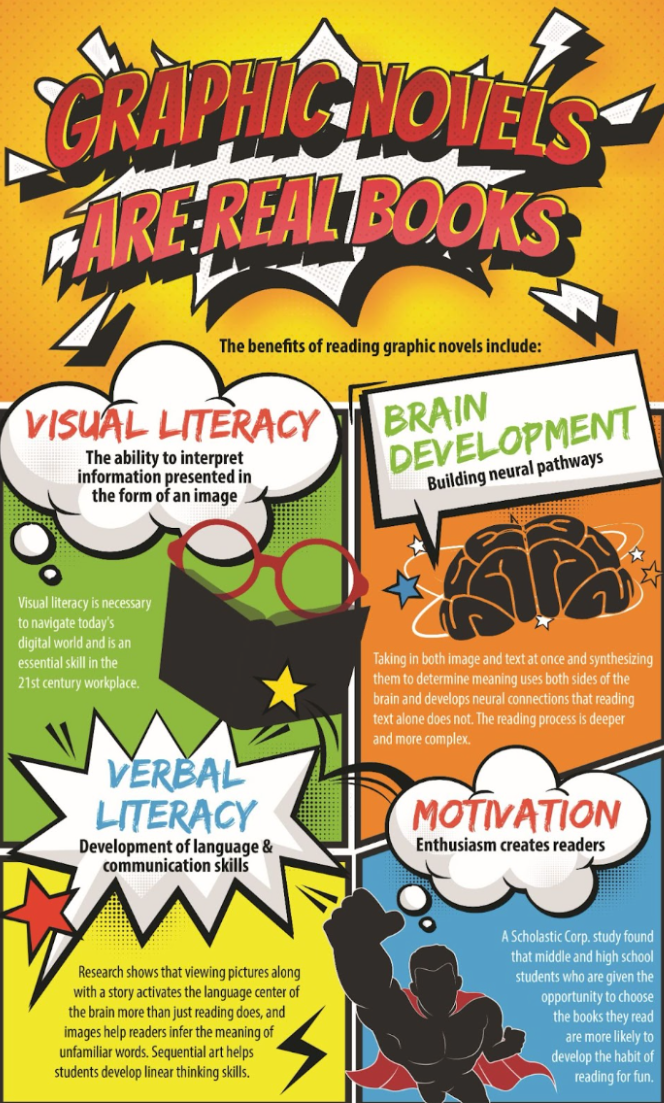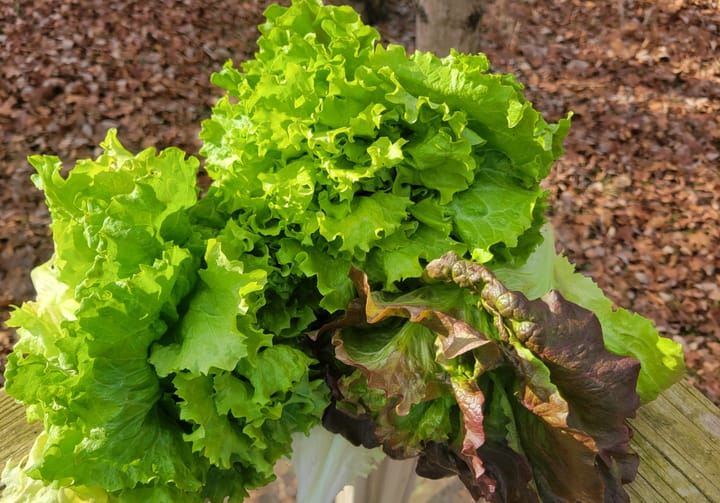Media Matters: Journeys in journalism
Richard Campbell taught journalism classes for more than 40 years, and he explains what he believes good journalism is.

I started my professional career in 1972 as a high school English teacher in the Milwaukee Public School system. For five years, I taught ninth grade English at West Division High School, five classes a day, about 35 students in each class. Their reading scores ranged from second grade to 11th grade levels. The starting salary was $8,500.
I picked up extra money as the assistant girls’ basketball coach (we won the city championship twice, and lost in the semifinals of the second Wisconsin State Girls Championship in 1977 in Madison). I also advised the student newspaper.
In 1977, I went back to graduate school, and instead of painting houses in the summer, I started working part-time as a reporter. I was offered a full-time reporting job in 1979 at the Milwaukee Sentinel (now folded into the Milwaukee Journal-Sentinel). My wife Dianna and I had an infant son at the time, and reporting for a morning newspaper started at 2:30 in the afternoon and ended at 11:30 at night. So instead, I went back to school. While Dianna taught writing and English at Marquette University and Mount Mary College, I earned a Ph.D. from Northwestern, commuting from Milwaukee to Glenview on the Empire Builder, then on a bus into Evanston.
It was post-Watergate and the height of journalism's popularity, in great part thanks to the reporting of Bob Woodward and Carl Bernstein at the Washington Post. Hollywood made a movie from their book, “All The President’s Men,” about journalism’s role in toppling the Nixon administration.
That administration had ramped up the practice of attacking the press — “blaming the messenger" — for its own missteps and misdeeds. These days, the practice has reached new heights. One of President Donald Trump’s key campaign and governing tactics has been to attack the news media.
“60 Minutes” reporter Lesley Stahl once asked him off-camera why he does this: “He said, 'You know why I do it? I do it to discredit you all and demean you all so when you write negative stories about me, no one will believe you.’” Trump is currently suing “60 Minutes” for $20 billion, apparently for making Kamala Harris look good during a pre-election interview.
I taught journalism classes for more than 40 years, and it's easier to teach journalism than to do it. Journalism is not an objective science. It’s basically reporting and storytelling. To tell the best stories, you need to talk to a lot of people, research multiple topics, research and understand documents, study data and then engage your readers in a narrative. Nowadays, you also have to update your stories online. And you have to be fair, which is not about telling “both sides of a story,” because there are usually more than two.
Journalism is also not what you see on partisan cable shows, or hear on talk radio, or tweet on social media. Good journalism is hard work by trained reporters. A lot of the best journalism is dangerous — reporters writing about wars, murder and crime. The Committee to Protect Journalists reported last year that worldwide 103 reporters were killed, 361 were imprisoned, and 67 were reported missing.
Like teaching, the reporting profession doesn’t pay as well as it should. After all, it is through journalism that most of us learn about what’s going on in our town, state, nation and world. When I came to Miami in 2004, the English department had over 400 majors identifying journalism as their main area of interest, so journalism became its own program. At its height we had over 200 majors and we required them to do a second major, adding knowledge and value to their degree. Today the program is part of the Media, Journalism and Film department and has about 100 journalism majors, a downturn that is also nationwide and coincides with the loss of local news.
It has been one of the great adventures of my life to co-found this paper with Jim Rubenstein and John Skillings. We understand that, in telling Oxford’s stories, community engagement strengthens.
It’s also been a great adventure to work with (and be edited by) our excellent 23–year-old founding editor. Sean Scott leaves us on June 27 to continue on his own adventure as a Report for America corps member in Maine. We are grateful to him for laying a strong foundation for a newspaper that we have managed to sustain for a year. We could not have done this without him.
We also could not have done this without the generosity of our town. We hope you continue your support when our new young editor, Aidan Cornue, arrives next month to do the daily task of providing local news and information to our region.
Our current president once called the press an “enemy of the people.” But let’s remember that “the press” was the only business our founders singled out for protection in our Constitution. They knew back then that for democracy to work, it needed a free press.
Richard Campbell (campber@miamioh.edu) is a professor emeritus and founding chair of the Department of Media, Journalism & Film at Miami University. He is the board secretary for the Oxford Free Press.




